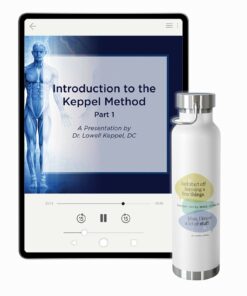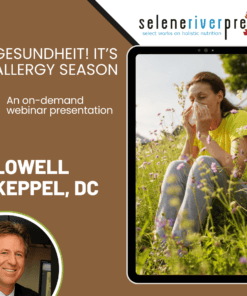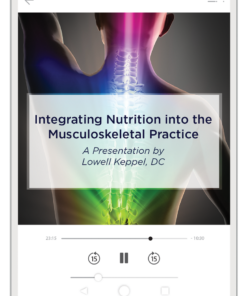What are “probiotics”? They’re living organisms (friendly bacteria) that need a conducive environment in order to grow and become self-sustaining. If the environment of your intestines, sinuses, and/or vaginal tract isn’t conducive to friendly bacteria, you’ll always “need” probiotics.
The World Health Organization (WHO) currently defines probiotics as “live micro-organisms which, when administered in adequate amounts, confer a health benefit on the host.” This definition stresses that the health benefits of a bacterial strain need to be demonstrated before it can be designated as a probiotic.
In the United States, the Food and Drug Administration (FDA) doesn’t regulate probiotics. Therefore, we currently don’t have any governing agency to oversee the label claims of probiotic products. In contrast, the people of the European Union can rely on the European Food Safety Authority (EFSA) to oversee the health claims of probiotic products. And since its inception, EFSA has rejected most applications seeking to establish the health benefit claims of probiotic products.
Professor Kerry Bone, cofounder and director of Research and Development at MediHerb, taught us what happens when a naturally occurring bug is removed from the gut environment, cultured into a probiotic supplement in a lab setting, and then given back to a patient. Something changes in that bug. It can no longer reestablish itself in the gut lining, nor can it grow or proliferate. This is why oral probiotics tend to be very “transient,” meaning they stay in the lumen and pass through the gut fairly quickly. It’s also why patients often have to keep taking probiotics in the long-term. You end up renting your probiotic rather than owning it.
And so we find ourselves in yet another situation where we simply treat our symptoms rather than get to the root of the problem.
Probiotic bacteria will not correct the environment. You must heal the environment. In addition to eliminating pathogenic yeast, bacteria, viruses, parasites, etc., taking prebiotics can also play a role—and lactic acid yeast (mycelium yeast) is a great start! It normalizes the pH of the tissues and also starves out pathogens by consuming the food source, carbohydrates. (To learn more about lactic acid yeast, read Dr. Royal Lee’s “Acidophilus Yeast,” written circa 1940. You can find this and many other timely articles available for free at the SRP Historical Archives.)
Furthermore, Kerry Bone and MediHerb developed Gut Flora Complex, which actually kills pathogenic bacteria. This gives beneficial bacteria space to grow and outnumber the “bad guys.” Gut Flora Complex and Lactic Acid Yeast both play a role in Kerry Bone’s “Weed and Feed” program. The Gut Flora Complex “weeds” out the bad bacteria, and the Lactic Acid Yeast “feeds” your gut the good bacteria. This combination is your dynamic duo!
Additionally, we can give supplements that help support the gut environment, much as fertilizer does for plants.
These include:
- ProSynbiotic: supports gut flora and overall intestinal health.
- Prebiotic Inulin: promotes a favorable environment for the growth of native flora.
- Garlic Forte or Garlic: for additional treatment of intestinal dysbiosis.
- Golden Seal (500mg): for mucous membrane support and additional antimicrobial activity.
- Vitanox: for healthy gut flora support.
(Also see the following product literature from MediHerb that can help educate your patients: the ProSynbiotic Handout and the Vitanox Natural Cellular Defense Brochure.)
If one of my patients were just looking for a probiotic, I would probably start them on the ProSynbiotic because it offers the highest amount of probiotic organisms and also supports the intestinal environment with prebiotics.
Remember, taking a probiotic forever only relieves symptoms—it doesn’t fix the cause! Fixing the environment is the ultimate goal.
Photo from iStock/Oko_SwanOmurphy





